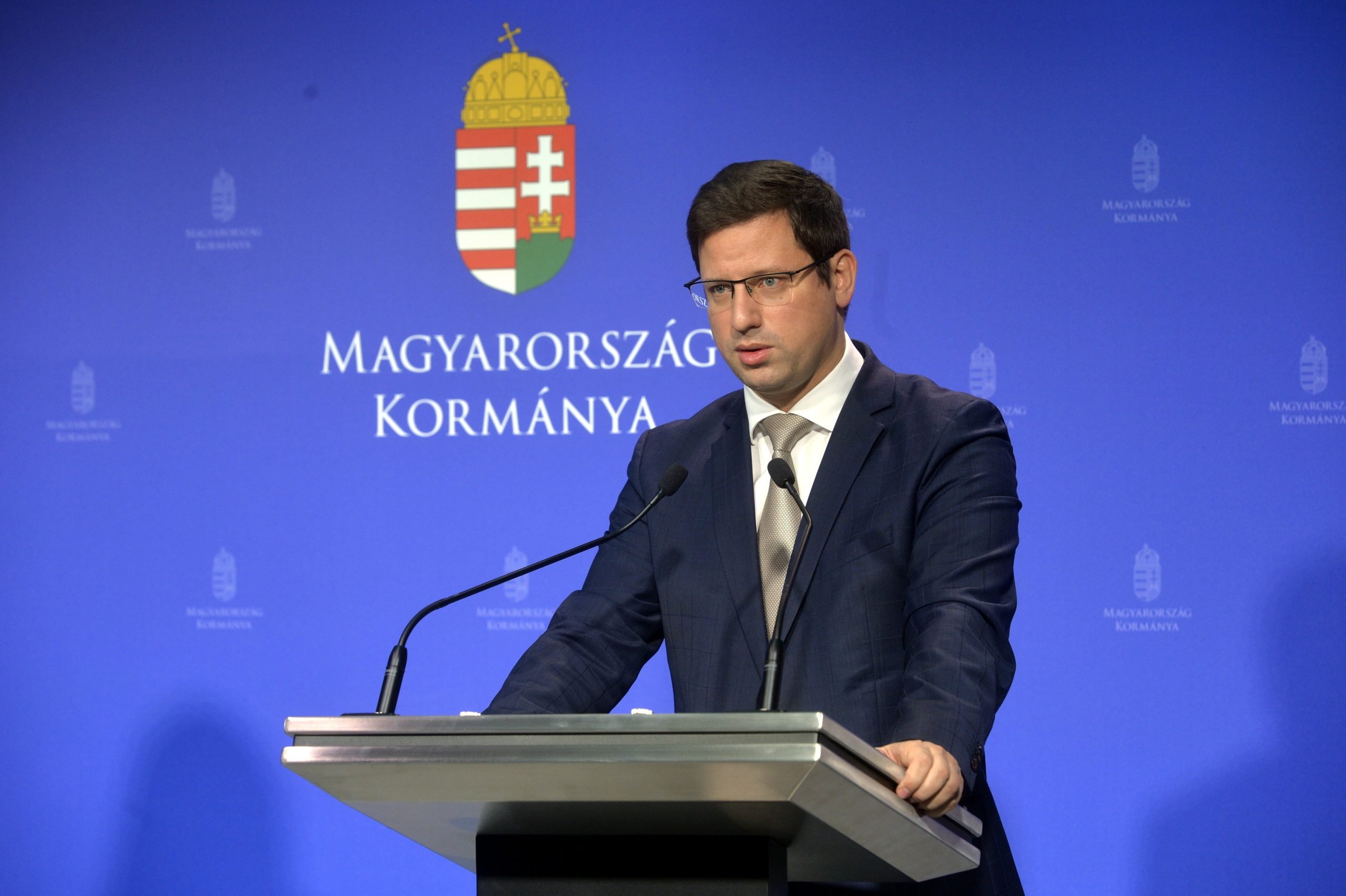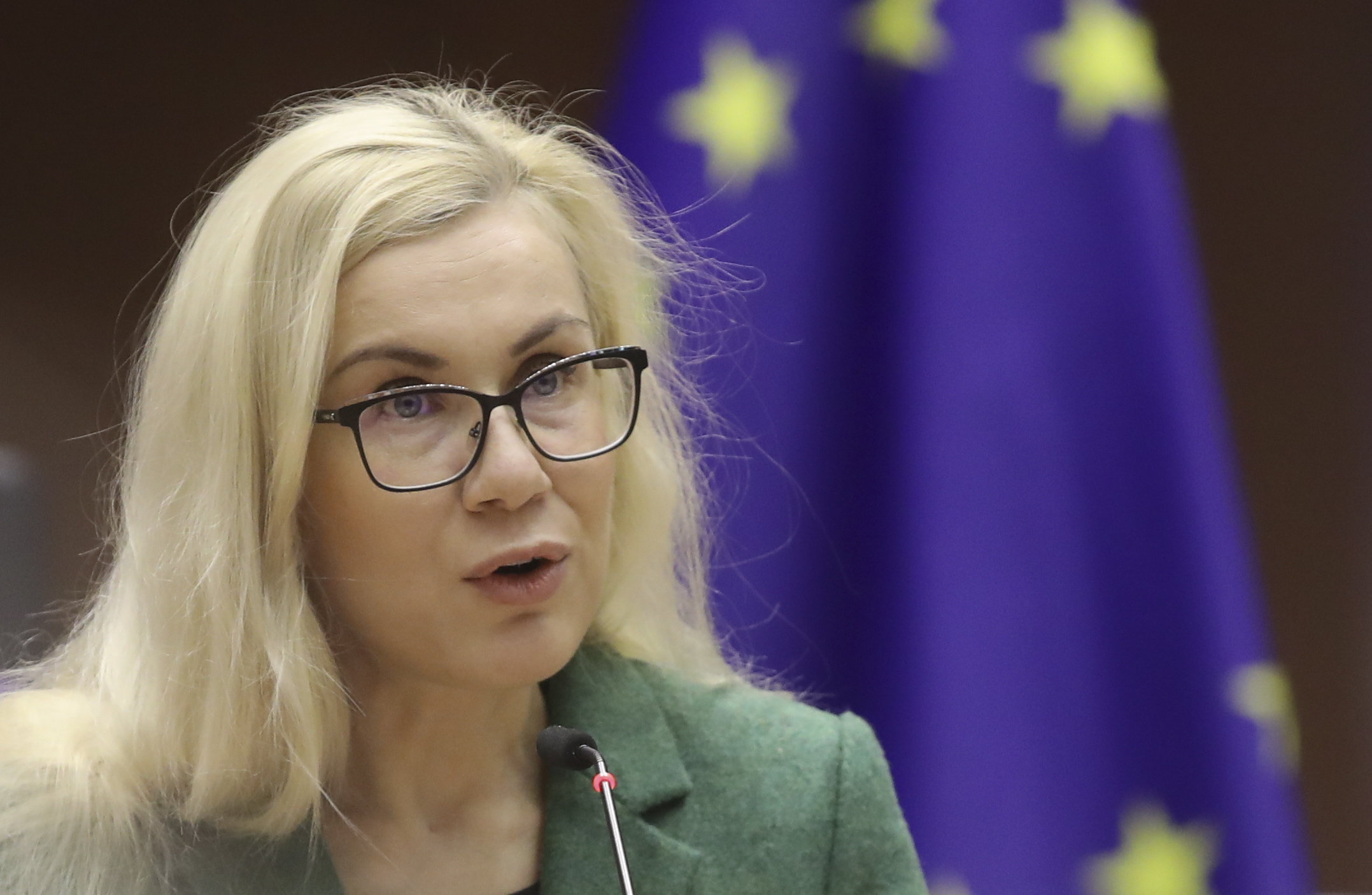
It has become clear in recent months that Europe will most likely not have enough gas for the autumn and winter heating season, Gergely Gulyás, the prime minister's chief of staff explainedContinue reading

Hungary’s decision to ban gas exports from August 1st after declaring an energy emergency was made without notifying the European Commission, and may not be justified on grounds outlined under EU rules, European Commissioner for Energy, Kadri Simson, said in a statement on Thursday.
The commissioner said that the energy emergency plan recently announced by Hungary also includes measures that restrict the cross-border flows of gas and other energy carriers in the Single Market. Hungary has not notified the European Commission of these planned measures, she insisted.
Kadri Simson said the European Commission had contacted the Hungarian authorities to better understand what the emergency plan covers and to assess the impact of the measures on neighboring Member States.
The Estonian commissioner recalled that the EU has a robust legal framework in place for ensuring security of supply in a spirit of solidarity among Member States.
Member States have the responsibility to ensure security of supply, but a declaration of a state-of-emergency and its resulting measures can only be declared in the presence of a clear threat of supply interruptions and if the European Commission is notified under the Security of Supply regulation, so that neighboring Member States can be informed and consulted.
“Individual national restrictions affecting gas cross-border flows are unwarranted and can only exacerbate problems in the current gas market situation,” she said.
Commissioner Simson stated that under the existing security of supply rules, all EU Member States are also subject to solidarity obligations. This means that they are obliged to help their neighbors in case of urgent need, by supplying energy for protected customers, she emphasized.
The Commissioner also stressed any measures which restrict trade in goods, including any type of energy-bearing goods, within the internal market, must be limited to what is necessary and be strictly proportionate. Restrictions on the exports in the internal market can only be justified based on very specific grounds such as the protection of public order and public health. Economic grounds are never a legitimate justification, she underlined.
Kadri Simson also said that a unified and coordinated approach at the EU level, respecting the legal framework of EU energy policy and the single market rules, was needed to respond effectively to the reduction of gas supplies from Russia. The European Union has been working hard for months to ensure preparedness and the European Commission will come forward with concrete proposals to reinforce the EU’s readiness for this winter on July 20th, the Energy Commissioner added.
Featured photo by Olivier Hoslet/EPA/MTI